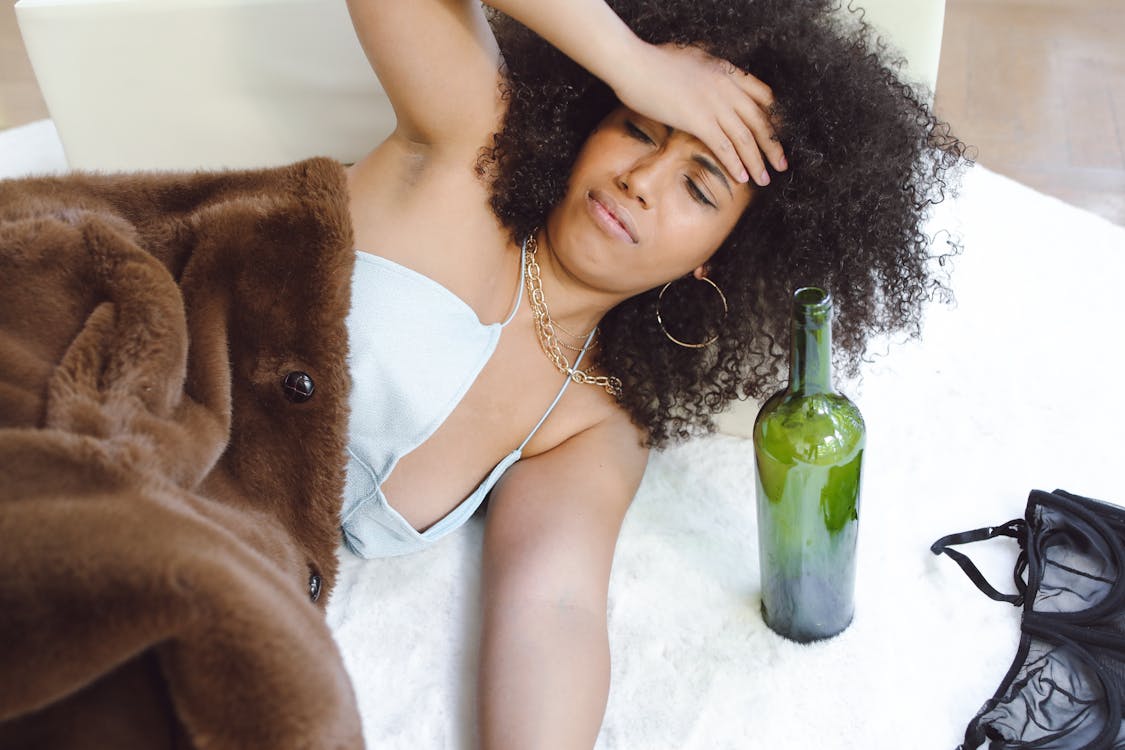
A margarita by the pool, an ice-cold beer at a barbecue on a May holiday. You could say that summer is made for having a cold drink on a hot day. But why is drinking during the day any different? And is there any way to avoid a nighttime hangover ?
Perhaps not surprisingly, there have been no robust clinical trials evaluating the health effects of daytime alcohol consumption. But psychiatrists and alcohol experts say there are some unique factors that influence the difference between daytime drinking and nighttime drinking .
little control
At night, you may be more attentive to signs that it's time to stop, such as when dinner is over. But the novelty of having an alcoholic drink in the afternoon means people don't always control how much they consume, said Akhil Anand, a psychiatrist at the Cleveland Clinic .
If you drink throughout the day and aren't necessarily aware of where to get your next snack, it also makes sense that you don't have food in your stomach to help slow down the rate at which your body absorbs the alcohol, which means you're probably that you become more intoxicated in a shorter period of time .
It's hot
Drinking when it's sunny — especially in the summer — increases your chances of becoming dehydrated, and dehydration can intensify the effects of intoxication: You may feel fatigued, lightheaded, dizzy or simply out of control, said Sarah Andrews, associate professor of psychiatry and science. of Behavior at Johns Hopkins Medicine . On a sweaty day, you can lose more fluids than you replace, which means you also lose sodium and minerals that help your body function normally. And that's in addition to the dehydrating nature of alcohol itself, which acts as a diuretic and expels fluids from your body, causing you to urinate more frequently.
The hangover can come sooner
The sooner you start drinking, the sooner that feeling of hangover with dry mouth and headache will appear. A brunch with mimosas can translate into a dinnertime hangover , said Danesh Alam, an addiction psychiatrist at Northwestern Medicine, although a hangover is more likely to start first thing the next morning, when your blood alcohol content is higher. has returned to zero. Because daytime drinking can be so dehydrating, hangover symptoms are likely to be worse, Anand said.
The best ways to avoid a hangover are to drink at least one glass of water for every alcoholic drink , make sure you eat enough, avoid sugary drinks and, of course, limit the total amount of alcohol you drink, regardless of the time of day. the one you start.
'Hangover Anxiety' May Hit Harder
Dehydration also accentuates the physiological effects that can accompany a hangover: shaky hands, nausea, dizziness. Sometimes the bodily signs of anxiety caused by drinking can trigger real feelings of fear and nervousness, also known as “hangover anxiety . ” In the hours or days after drinking, when you're likely to be most dehydrated, anxiety can be especially acute, said Thea Gallagher, a clinical psychologist at NYU Langone Health .
Will you sleep well afterwards?
A few glasses of wine before bed is a recipe for a bad night's sleep, because of the way alcohol compromises your REM sleep and makes you stumble to the bathroom. Daytime drinking can also wreak havoc on your sleep-wake cycle , Alam said. You might take a nap, making it harder to fall asleep later. Or you could end up getting through the day with energy and then suffer the typical nocturnal consequences that come with drinking: waking up with a start at one or two in the morning. But if you plan to leave a period of three or four hours between your last drink and going to sleep - and especially if you drink water and eat in between - your body can have the opportunity to metabolize the alcohol before going to bed. , which would give you enough rest.
No comments:
Post a Comment